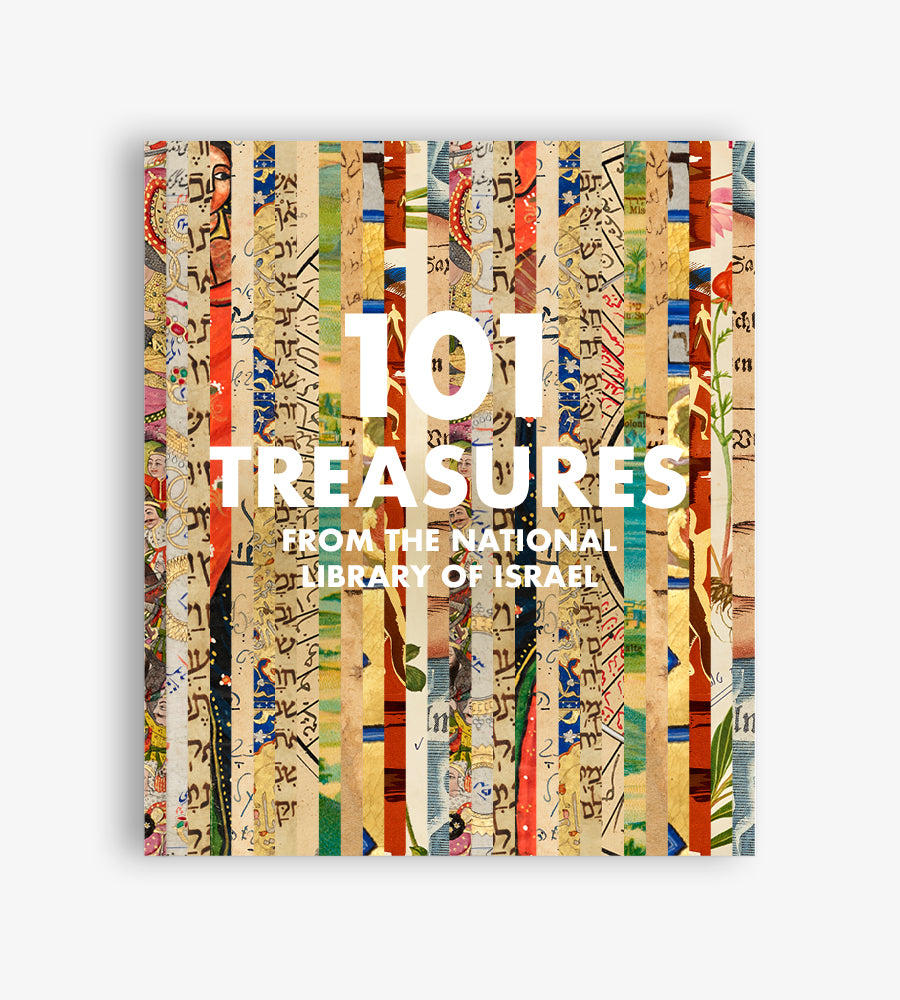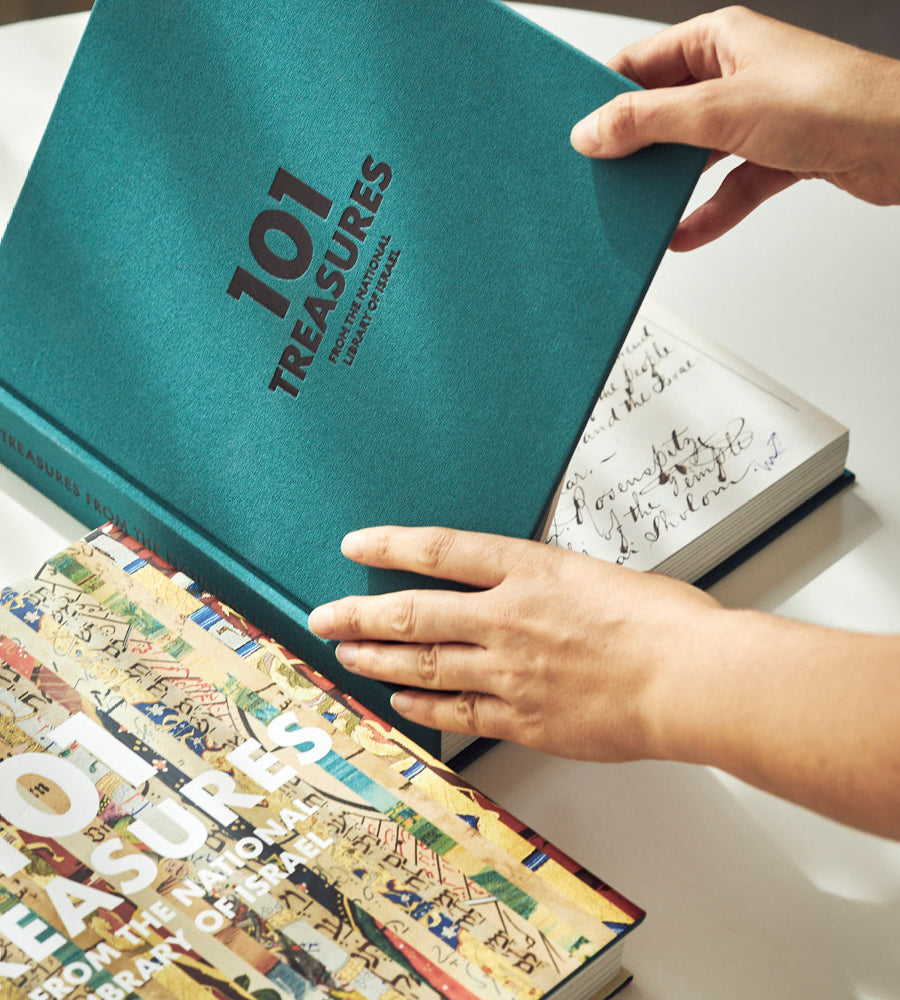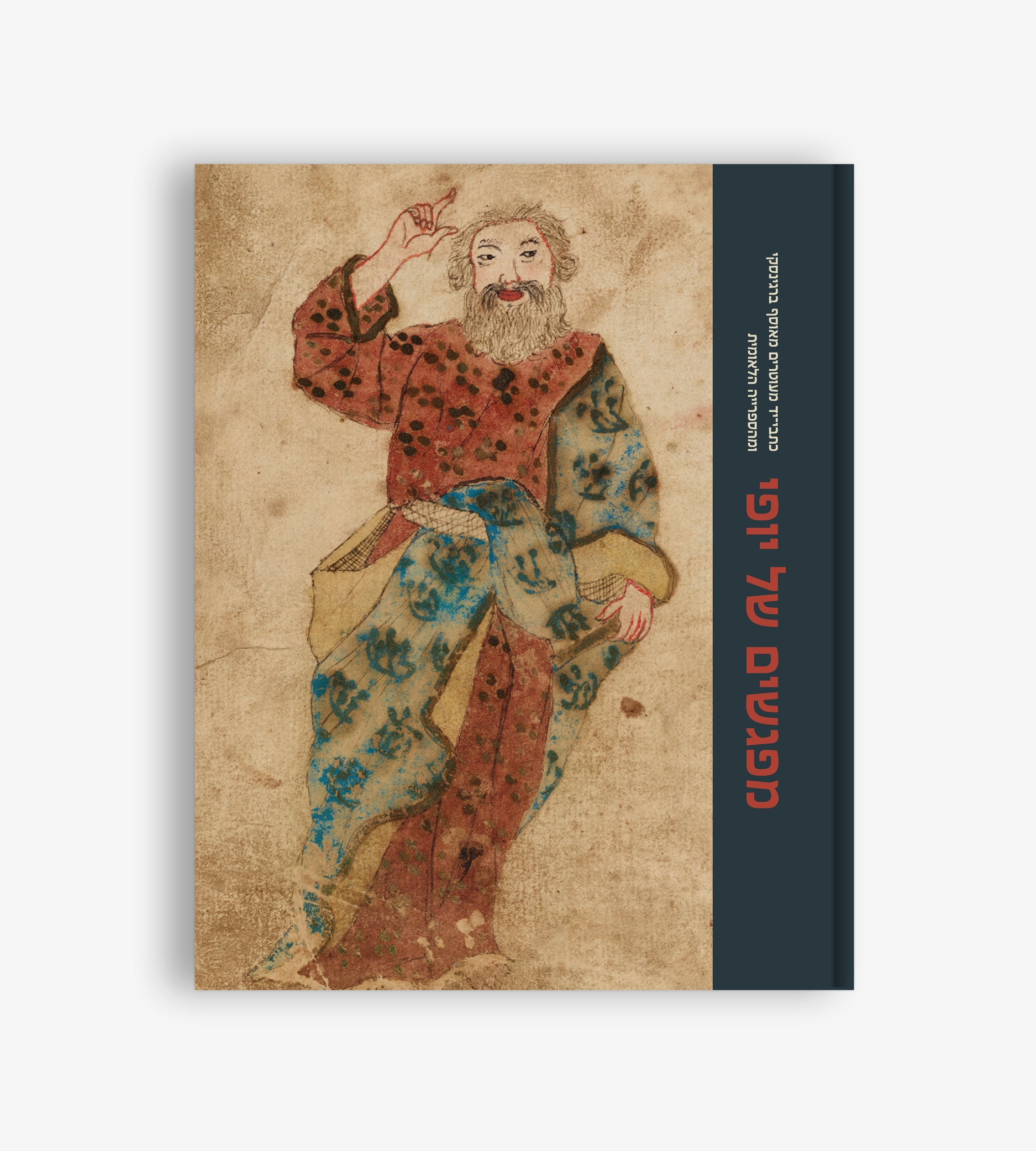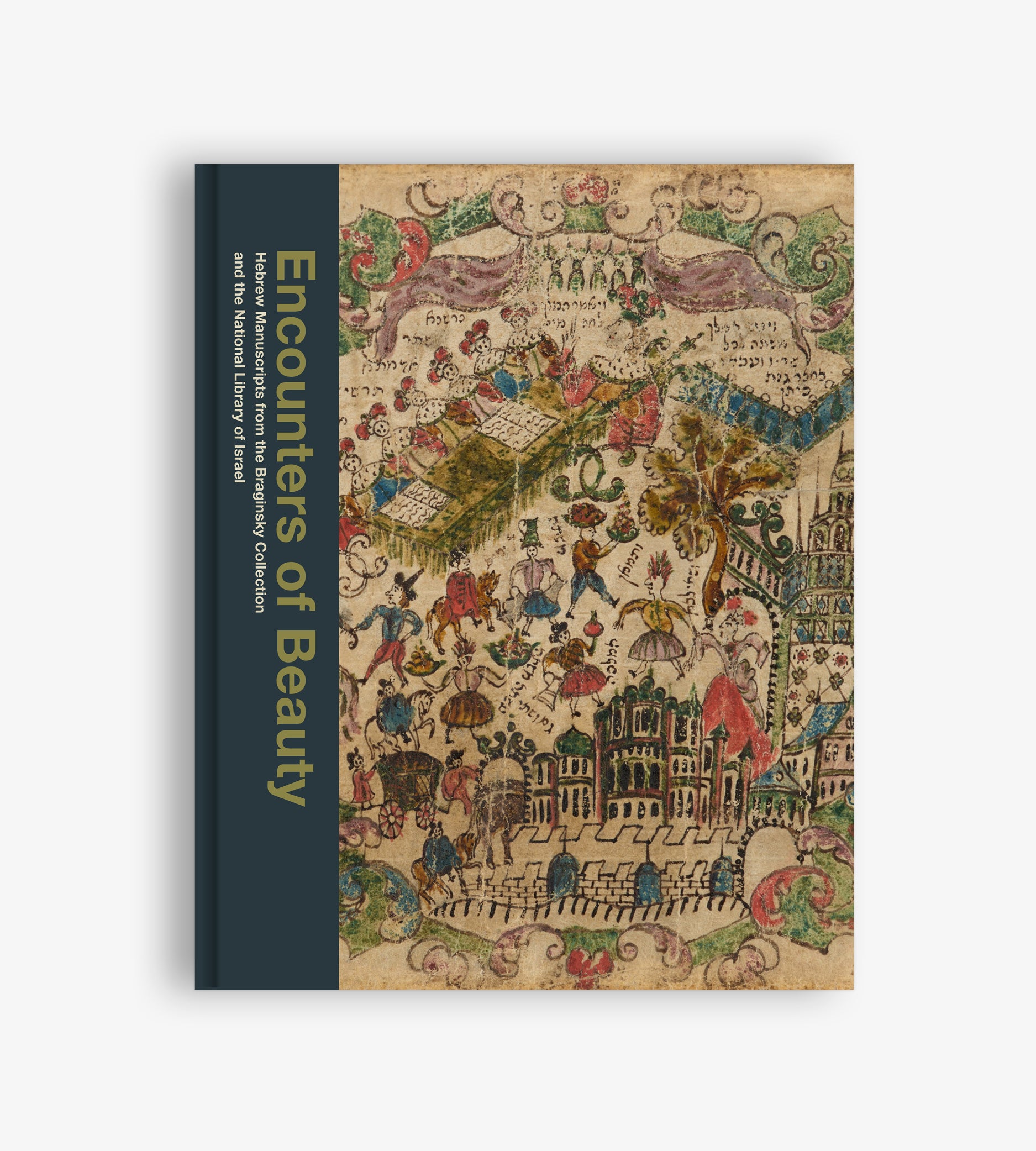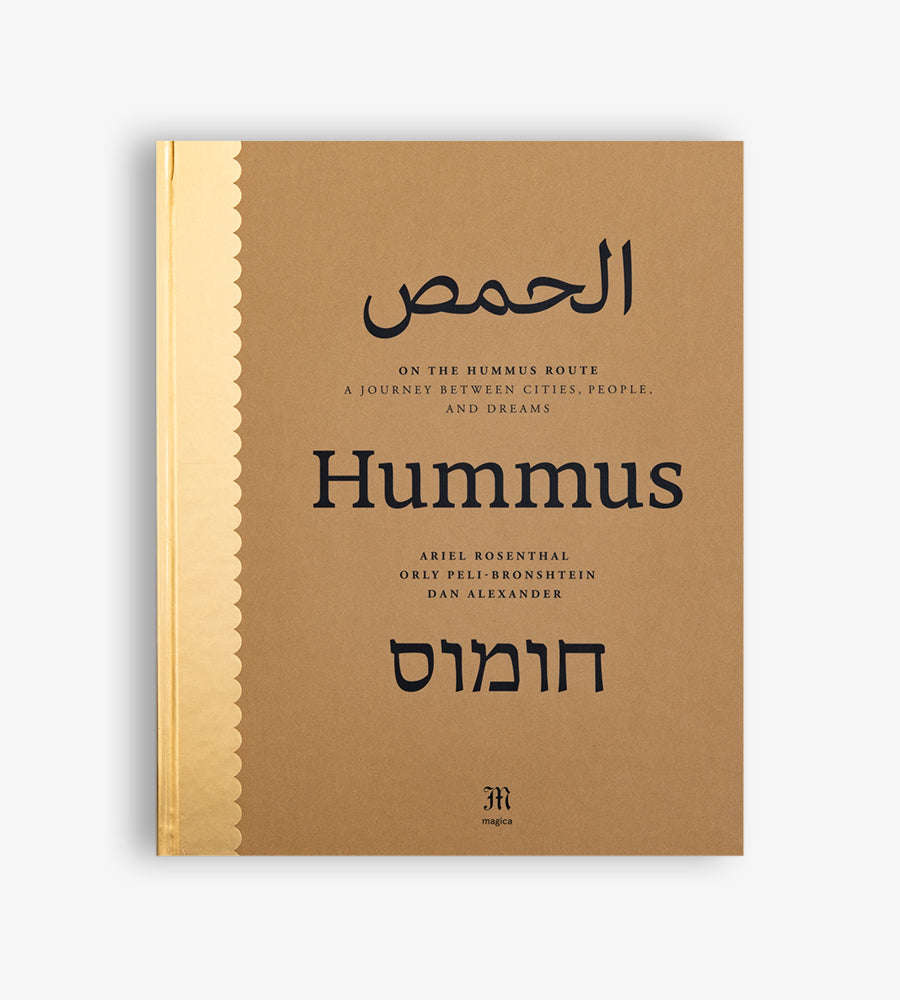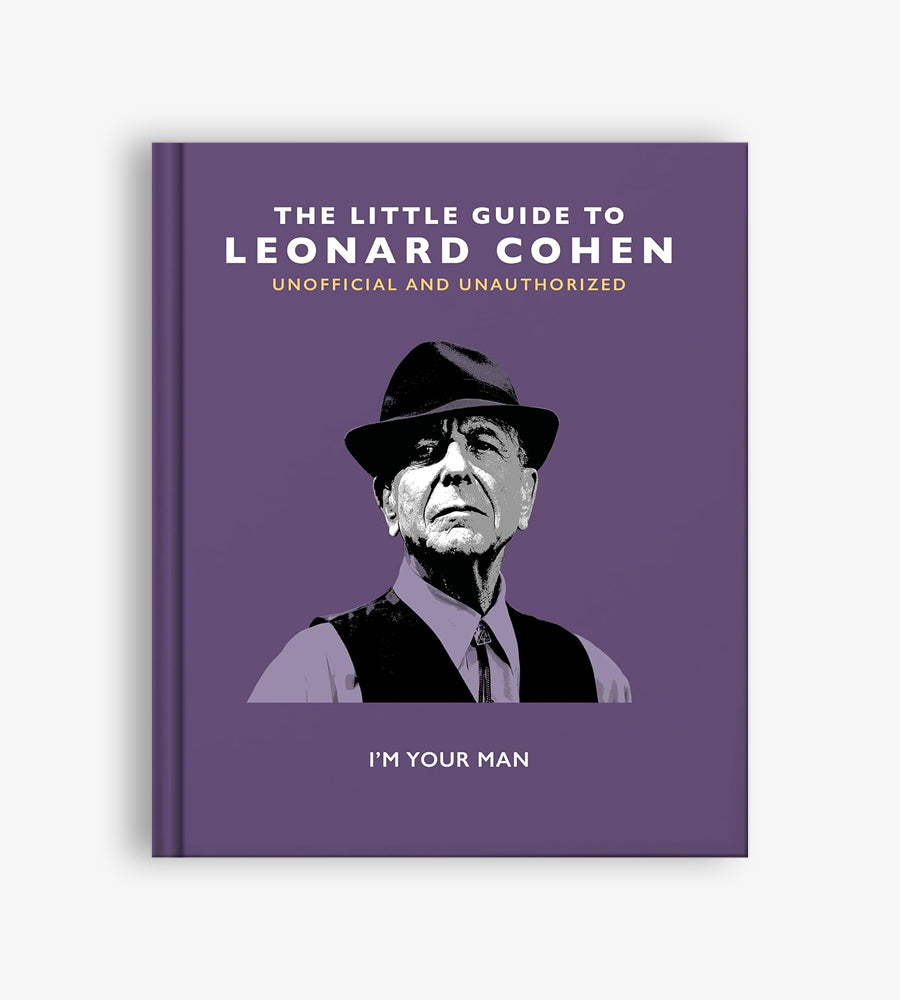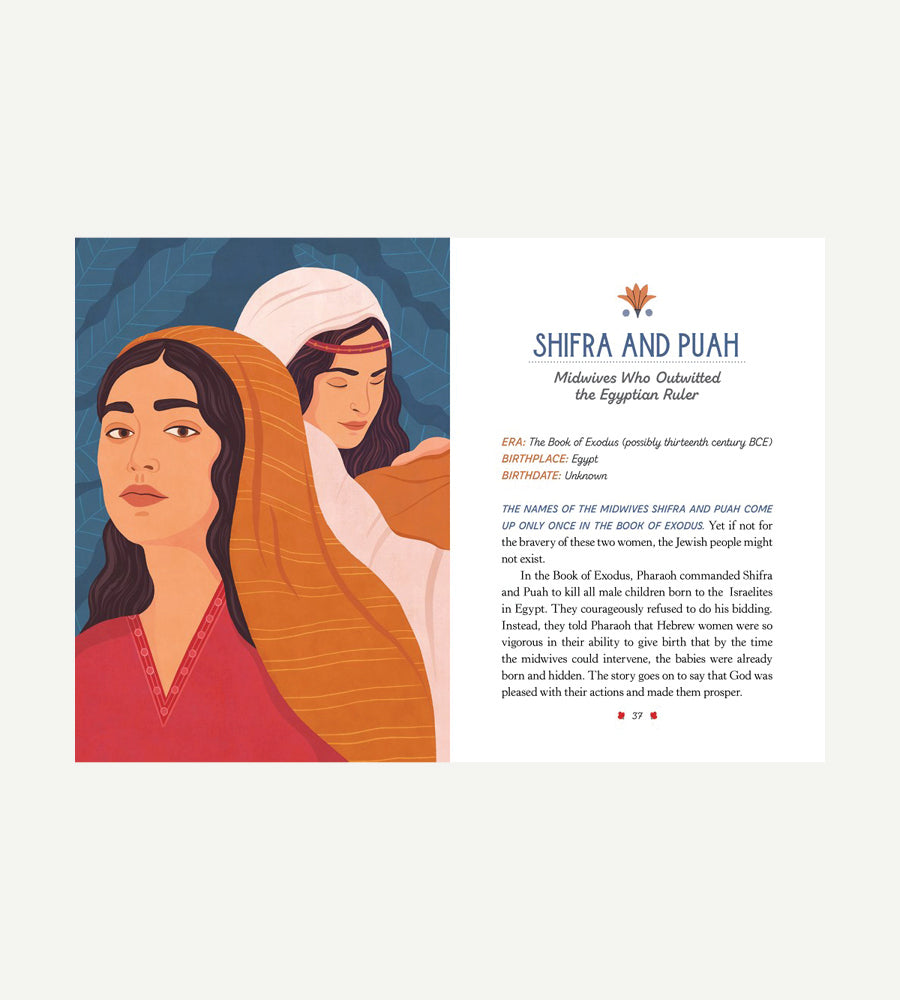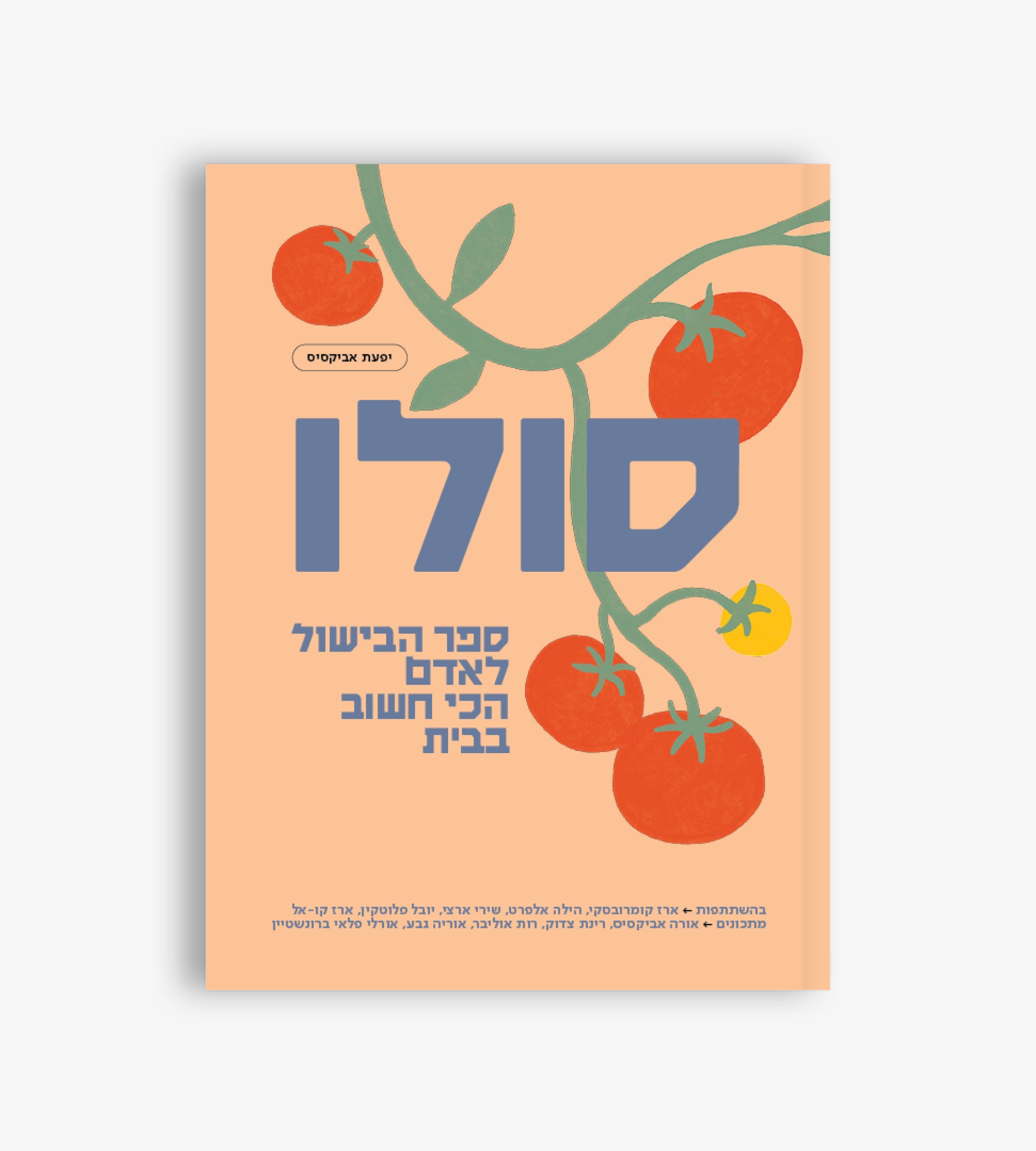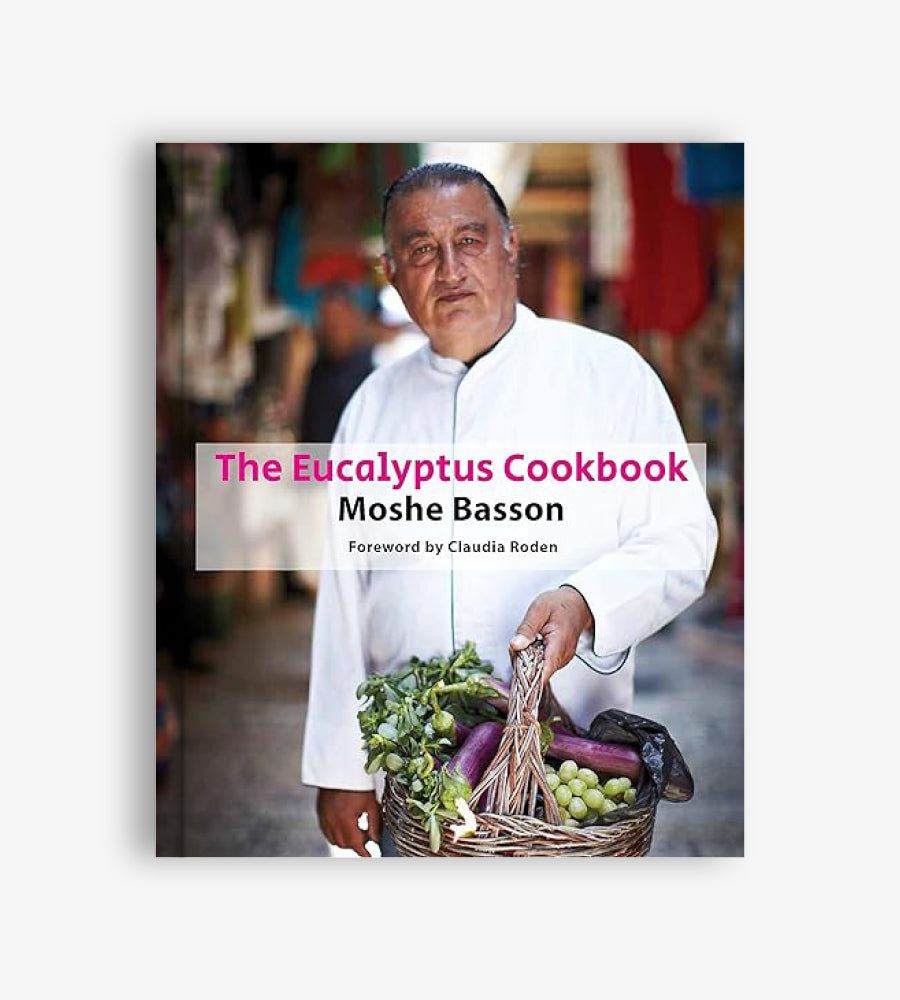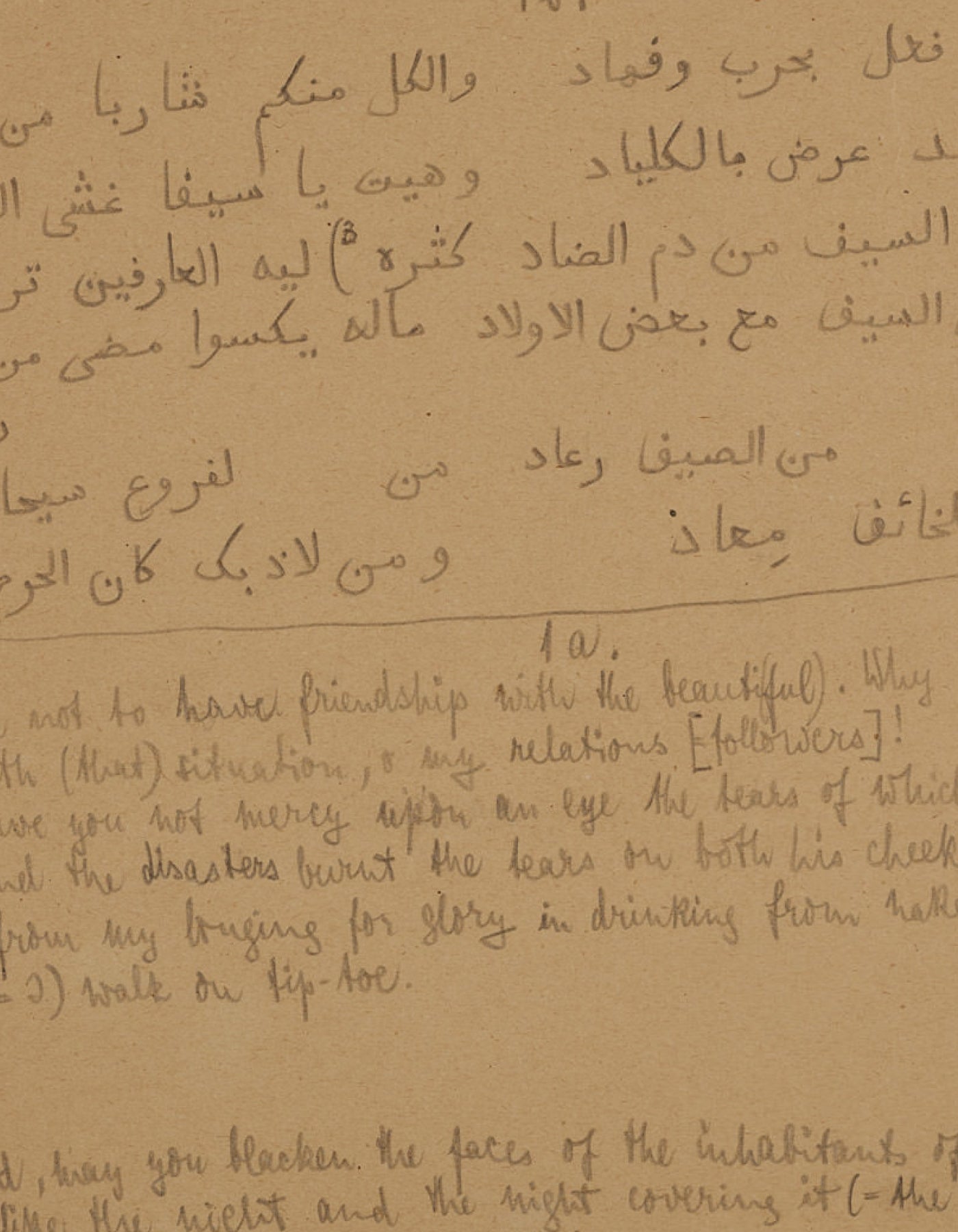
Recording the Sounds of Palestine
Gila Flam

On September 19, 1933, Robert Lachmann (1892–1939) received a letter informing him of his “retirement” from his position as music librarian at the Berlin State Library. This was one of the many dismissals of Jews that accompanied the consolidation of Nazi rule in Germany. Lachmann, a pioneering ethnomusicologist and scholar of Arab music, managed to flee Germany, arriving in Jerusalem in 1935 along with his state-of-the-art recording equipment, phonograph, and personal library of books and records.
Lachmann was born in Berlin in 1892 to an assimilated Jewish family. During World War I, he served as an interpreter for North African and Indian prisoners of war held in Germany, and the music of the Tunisian prisoners served as the topic of his doctoral dissertation. Subsequently, throughout the 1920s and 1930s, he went to Tunisia and Morocco to study and record Arab folk music. He also served as one of the delegates of the Phonogramm-Archiv at the first International Congress of Arabic Music held in Cairo in 1932. At the conference, he met the well-known Jewish Iraqi musician Ezra Aharon, whom he would meet again in 1935 after they had both immigrated to Palestine.
He continued his fieldwork after arriving in Mandatory Palestine, and it is largely thanks to Lachmann that we can still revel in the musical diversity of Jerusalem at that time. He made 769 metal records documenting folk, religious, and urban Arab music as well as the music of Kurdish, Yemenite, and European Jews and of the Samaritans. After he could no longer import wax cylinders, the then preferred recording medium, from Germany, he designed his own unique metal records.
Lachmann presented his research and knowledge in public lectures in Palestine. In 1936 he launched a series of lectures on “Oriental Music” with recorded musical examples on the newly established Palestine Broadcasting Service. His English-language programs on this music were among the first to be broadcast on the pioneering station.
Lachmann died suddenly in May 1939, but his lectures and recordings were preserved by his student, Edith Gerson-Kiwi and transferred to Israel’s new National Sound Archive in 1965. His writings and recordings are available in Jerusalem and Berlin and tell the story of an uprooted Jewish German scholar.


